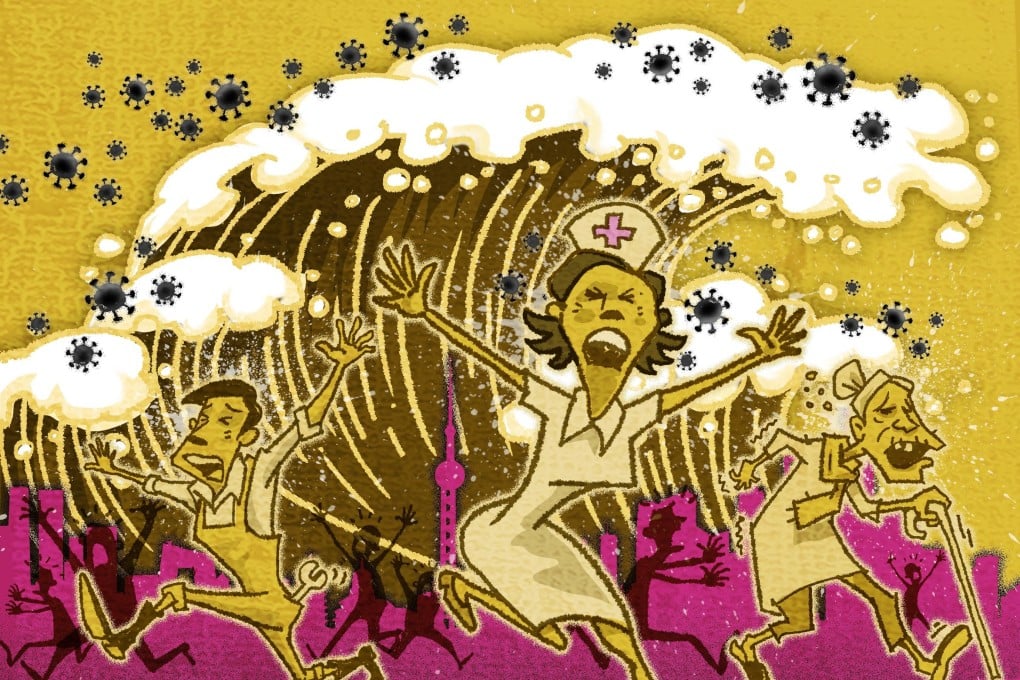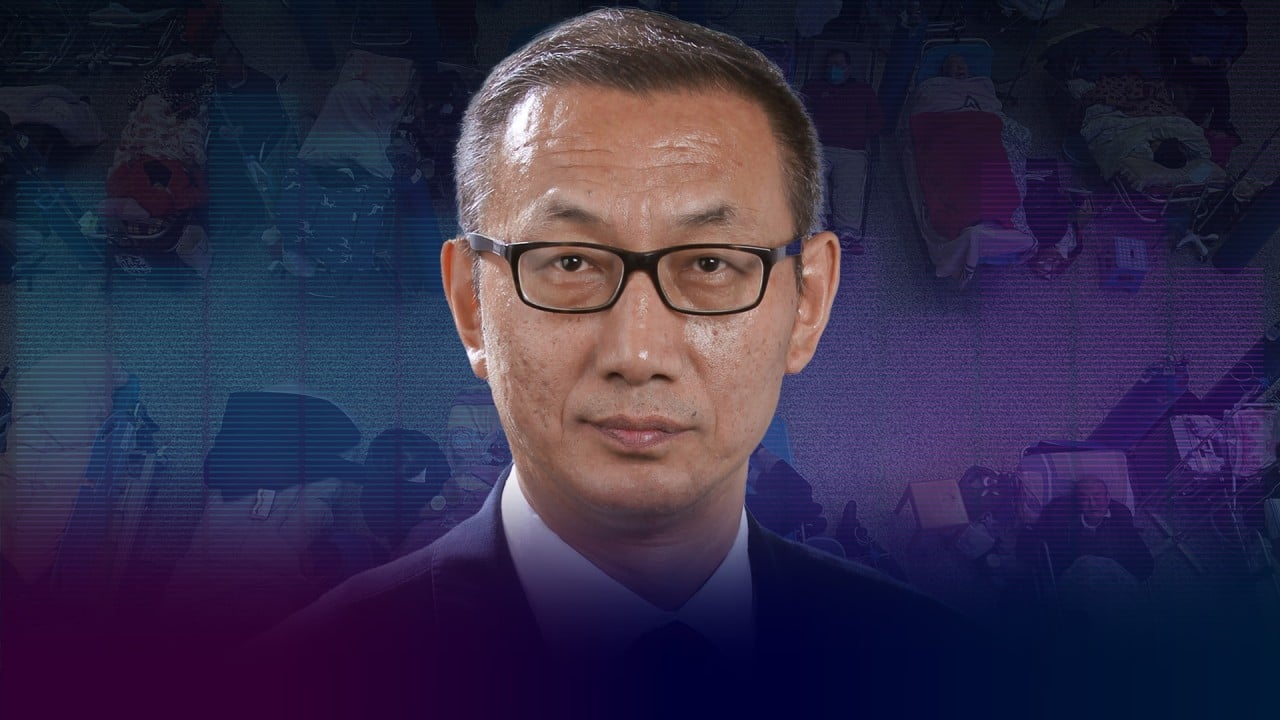Why has China’s zero-Covid U-turn sparked so much public resentment?
- Social media posts have complained about a dearth of medications and overwhelmed hospitals
- National Health Commission says fever clinics are open, but admits they are short of medicines

“It was like a nightmare,” Liu Qunzhu said as she recalled accompanying her 75-year-old husband to a hospital in Wuxi, Jiangsu province, two weeks ago.
The hallways were packed with quiet patients and their anxious family members. Liu’s husband, who had surgery to remove lung nodules two months ago, had tested positive for Covid-19 and was feverish for two days, but showed no severe symptoms. Stuck in a long queue at the fever clinic, Liu was about to give up and go home when her husband passed out.
“I was scared to death,” Liu, 68, said in tears. “I yelled for help and knelt down. I begged doctors to admit him to hospital. But they said all the wards were full.”
Such desperation has been shared by hundreds of millions of Chinese people amid the country’s abrupt but seemingly ill-prepared pivot away from its almost three-year-old zero-Covid strategy. Many people have been infected with the novel coronavirus that causes Covid-19 in the past few weeks, with some medical experts calling it an “infection tsunami”.
Complaints in social media posts about a dearth of medications, overwhelmed hospitals, ambulance services and funeral parlours, and acute blood shortages are a sign of widespread public resentment.

